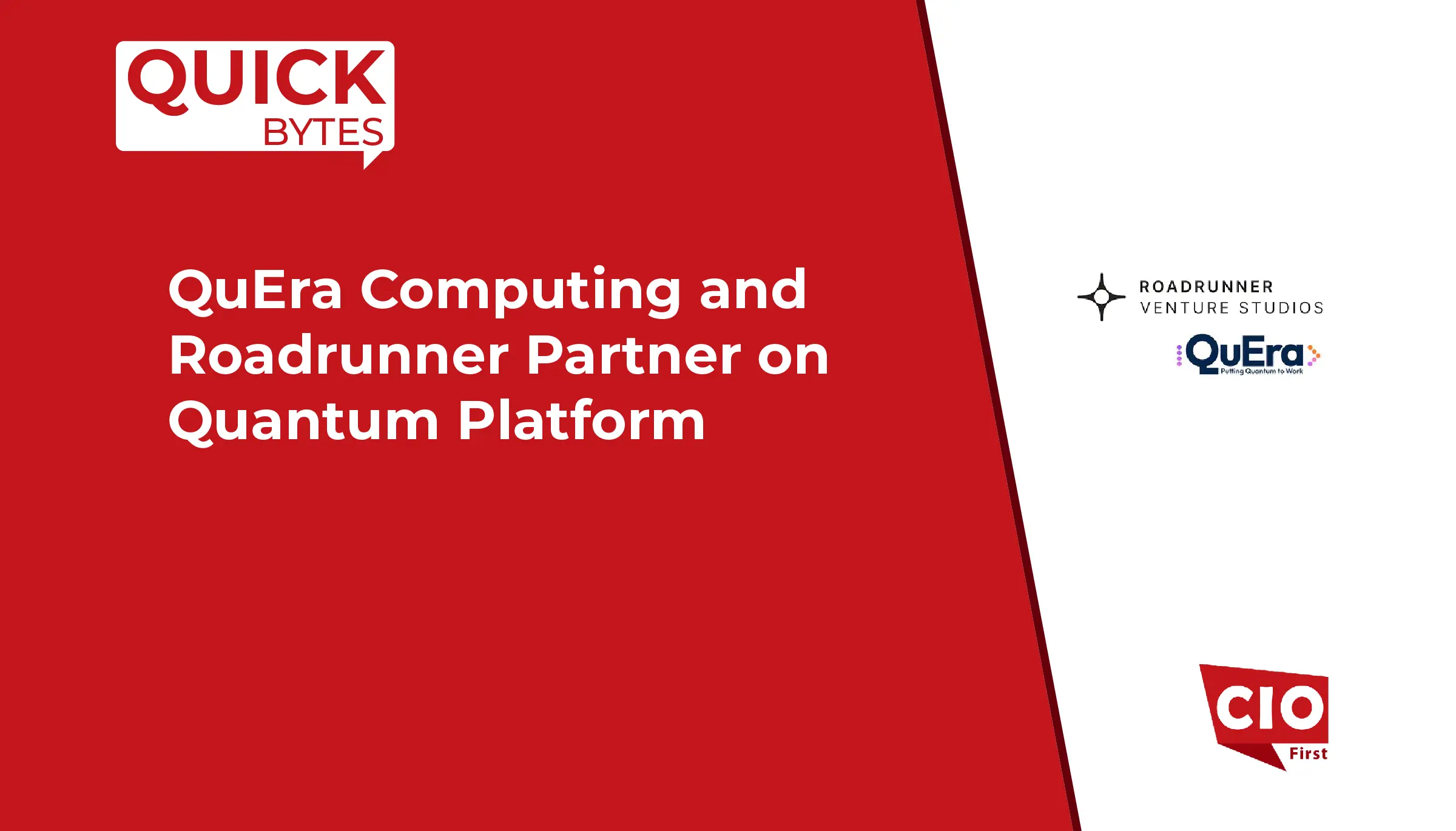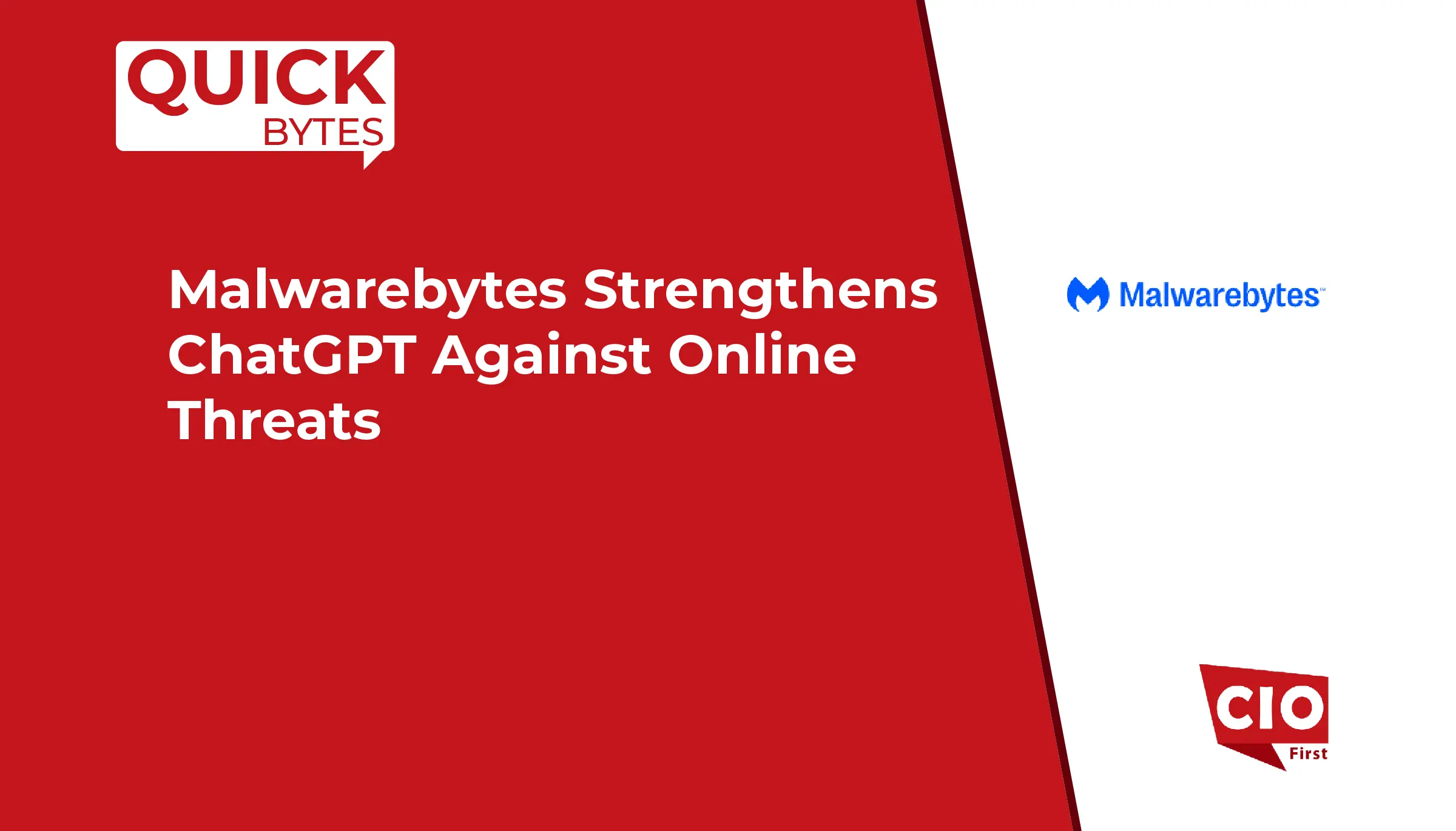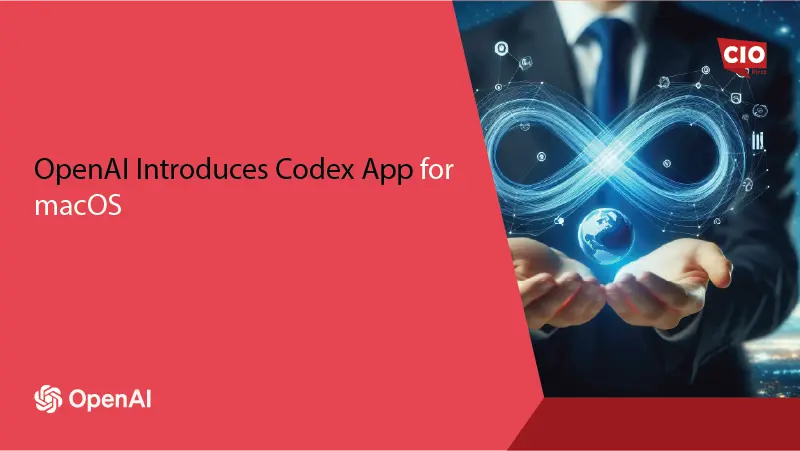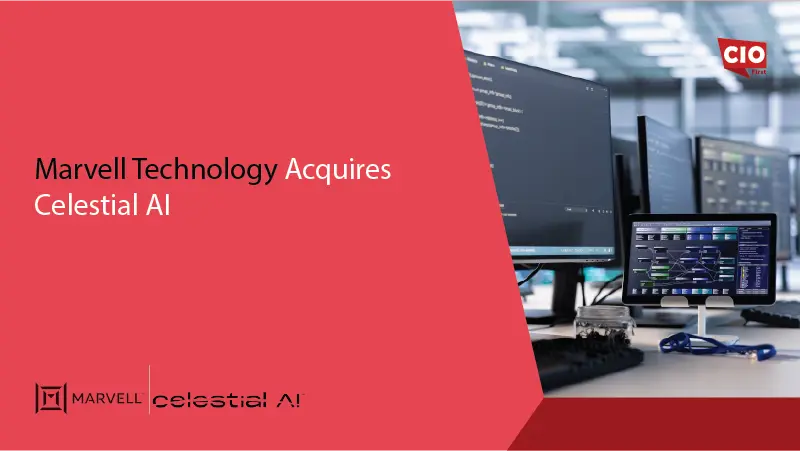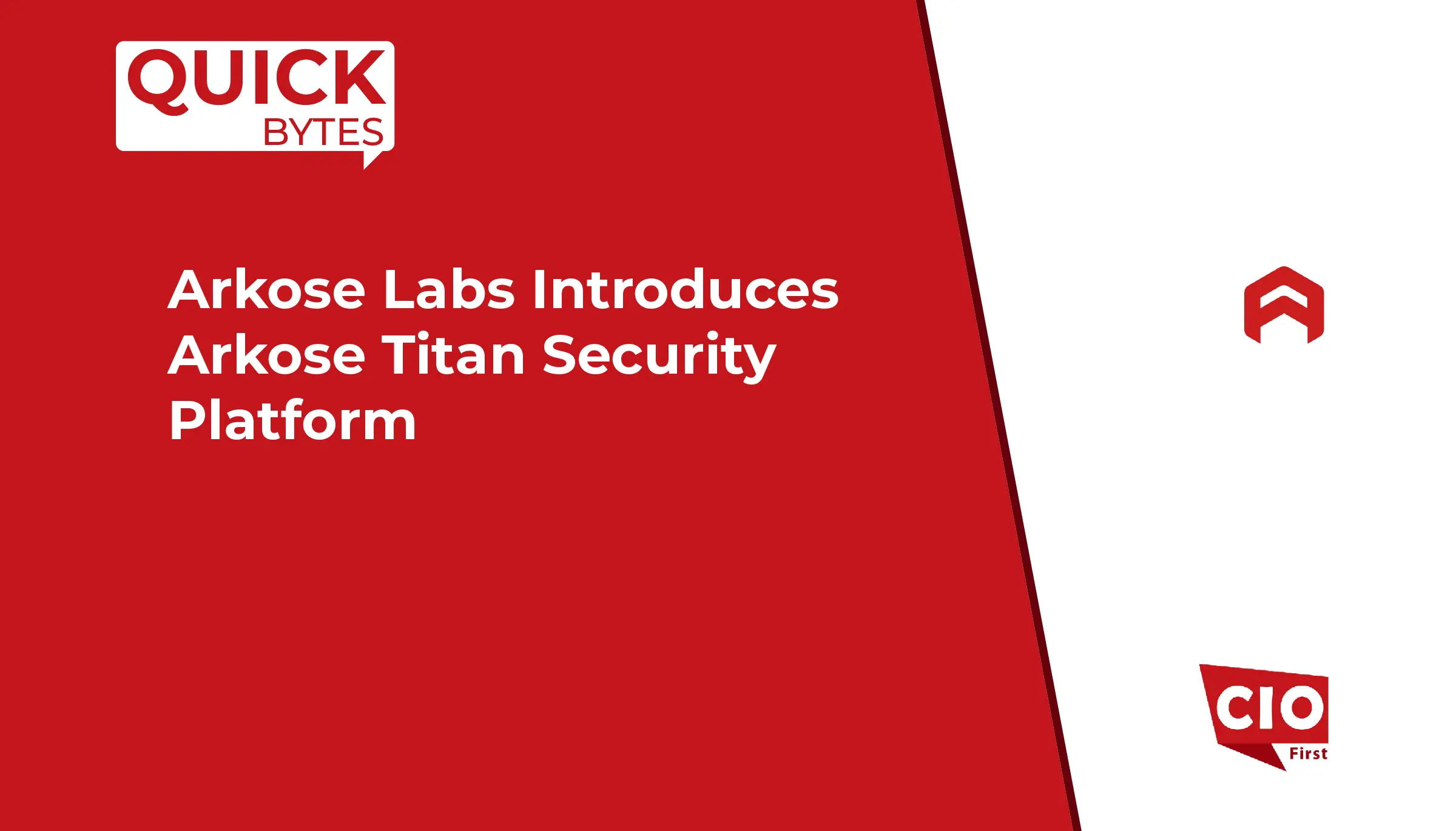Diligent launched its new product, Diligent Data Room. This AI-powered platform enhances secure collaboration by centralizing sensitive materials. It streamlines deal workflows in fundraising, M&A, IPO, and compliance.
The solution integrates fully with Diligent’s governance, risk, and compliance (GRC) suite. This means organizations no longer need standalone virtual data rooms (VDRs). They can shift from simple document storage to ready-to-use collaboration for transactions.
What Are The Core Capabilities
AI Document Summaries: Automatically summarizes uploaded documents. This speeds up due diligence and decision-making.
Complete Activity Visibility: Detailed audit trails, engagement analytics, and user activity monitoring ensure compliance and transparency.
Streamlined Access Management: Granular permissions, one-click sharing, view-only modes, and watermarking protect sensitive content.
Enterprise-grade Security + Seamless Integration: Meets high security standards. It also integrates easily with Diligent’s board management, GRC tools, Microsoft 365, and Google Workspace.
Diligent’s research shows that 97% of executives see transaction-readiness as a key challenge. Many point to under-utilized technology as a bottleneck.
The new Data Room solution aims to address that readiness gap by embedding transaction workflows into ongoing governance practices rather than treating them as one-off events.
How Does It Impact the IT Industry
- Consolidation of workflow and security platforms
From an IT infrastructure perspective, Diligent Data Room represents the trend of converging secure collaboration, document management and workflow orchestration into a unified platform. Rather than deploying separate VDRs, collaboration tools, security layers and audit-logs, organisations can now opt for a unified stack embedded in their governance environment. This reduces integration hassle, data-duplication risk and tool-sprawl.
- Rise of AI-enabled document- and transaction-intelligence
The AI summarisation and analytics capabilities signal that the next wave of document-management infrastructure is intelligence-driven. IT teams must adapt: beyond storing and sharing files, platforms must provide insights, highlight risks and streamline decision-points. For infrastructure and architecture teams, this means building or integrating systems that support metadata-rich documents, audit analytics and machine-reading capabilities.
- Stronger security and compliance posture baked into collaboration
Given the sensitivity of deals (M&A, IPOs, capital raising) and the regulatory emphasis on audit trails and data-governance, the IT function’s role becomes more strategic. Platforms like this demand that IT ensures encryption, identity and access management, regional data-sovereignty, and forensic-grade logging. For businesses, this reduces the burden on IT to “patch together” solutions from multiple vendors.
- Transaction-readiness as an ongoing state, not a project
Traditionally, IT teams spin up a VDR for each deal, configure permissions, archival, and then shut it down. With Diligent’s approach, readiness becomes continuous: document flows, audit logs and collaboration become part of the everyday platform. That implies a shift in IT operations—from episodic project work to always-on governance platforms requiring regular monitoring, versioning and security posture assessments.
Effects on Businesses Operating in the Industry
Accelerated deal timelines and improved stakeholder confidence
By reducing setup time, manual document wrangling and permission management, businesses can move faster when an opportunity arises. Whether it’s an acquisition target, investor due-diligence or strategic partnership, the smoother collaboration enabled by Diligent should reduce friction and speed up time-to-deal.
Reduced risk, improved audit-trail and compliance readiness
Given the high stakes in M&A, governance, investor scrutiny and regulation (especially in sectors like finance, technology, healthcare), businesses adopting integrated data-rooms gain stronger compliance posture. Complete activity visibility and integrated audit-logs enable better governance oversight and minimise risk of leaks or errors.
IT and operations cost savings
Using a unified platform rather than multiple specialised tools reduces administrative overhead, license-management, training and systems integration. For operations teams, this means lower TCO and fewer vendor relationships.
Cultural and operational change for document collaboration
Businesses will likely shift how they manage sensitive content: moving from siloed deals handled by legal/finance to integrated workflows involving IT, governance, board, M&A teams and even third-party advisors. Adopting such technology requires change-management: training users, defining permissions and embedding new workflows.
Competitive advantage in readiness and agility
In fast-moving markets, being ready for a deal or investor interest at any time is an advantage. Organisations whose document-governance is always “deal-ready” may outperform peers who must scramble when opportunities emerge. Diligent’s solution helps make that state possible.
Conclusion
The launch of Diligent Data Room reflects a significant evolution in how businesses approach secure collaboration, governance and transactions. It signals a movement towards integrated governance-platforms, AI-driven document intelligence, and continuous transaction-readiness for the IT industry. Speed, security, cost-efficiency, and strategic advantage in executing high-stakes deals or maintaining regulatory compliance-this is what it means to enterprises. As the pace of business continues to accelerate and scrutiny intensifies, platforms such as Diligent’s Data Room might become the backbone for how organisations manage confidential collaboration, deal workflows, and governance inside a single, intelligent environment.







